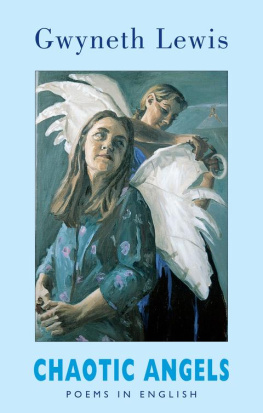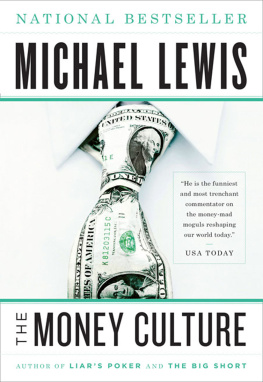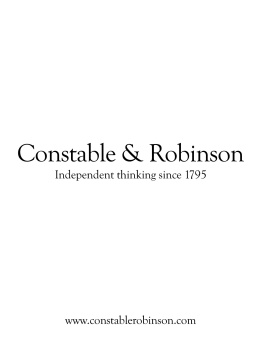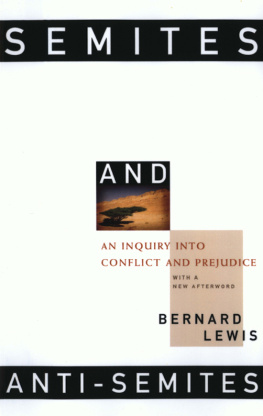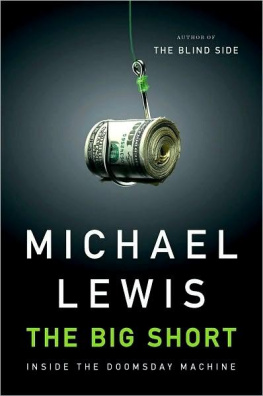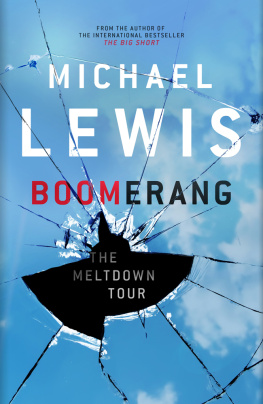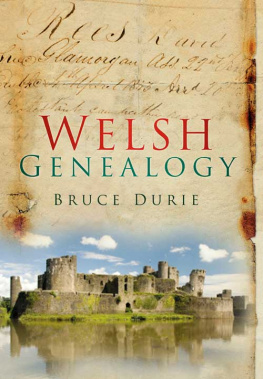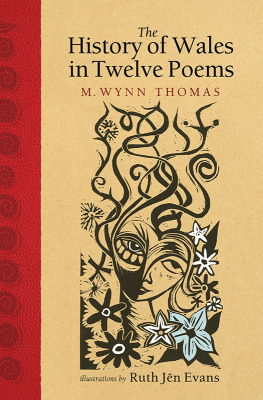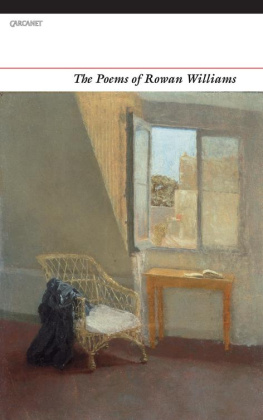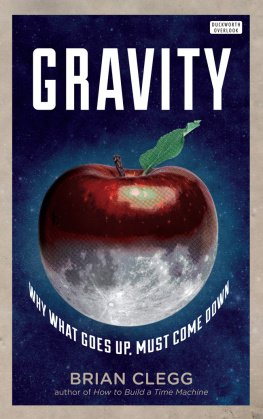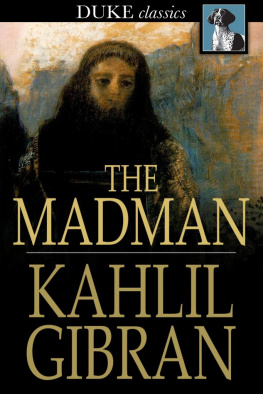GWYNETH LEWIS CHAOTIC ANGELS Gwyneth Lewis was Waless National Poet from 2005 to 2006, the first writer given the Welsh laureateship. She is a bilingual virtuoso, publishing several books in both English and Welsh. Chaotic Angels brings together the poems from her first three English collections, Parables & Faxes (1995), Zero Gravity (1998) and Keeping Mum (2003). She has since published A Hospital Odyssey (2010) and Sparrow Tree (2011). The fact that Gwyneth Lewis writes in Welsh and English is central to the issues she addresses Lewis is not always easy to locate as a poet, and in part this is because of her originality and her refusal to easily fall prey to current trends or trendiness. Auden. Auden.
And this is nowhere more evident than in her ability to resolve through poetry complex philosophical ideas, and to make the creative marriages of words and ideas that rhyme allows Deryn Rees-Jones, PBS Bulletin. She is one of very few poets to be equally probing and technically sophisticated in both languages intuitively sensitive to the peculiarities of each Ruth McIlroy, Planet. COVER PAINTING Angels (1998) by Sarah Snazell
CONTENTS
This book includes all the poems from Gwyneth Lewiss first three Bloodaxe collections
Parables & Faxes (1995) ,
Zero Gravity (1998) and
Keeping Mum (2003) . It excludes her later titles
A Hospital Odyssey (2010) and
Sparrow Tree (2011) .
Parables & Faxes:Welsh Espionage was first published in
Poetry Review, and four poems from the sequence appeared in the first edition of
Parables & Faxes (1995) .
Zero Gravity:The Mind Museum was commissioned by Fiet and, as
Museum of the Air, was set to music by John Metcalf.
Zero Gravity:The Mind Museum was commissioned by Fiet and, as
Museum of the Air, was set to music by John Metcalf.
The work was first performed by the BBC National Orchestra of Wales at St Davids Hall in Cardiff on 29 March 1998. The version published here is slightly revised. The opening of Soul Candles is based on a line from Thomas Traherne. The first two lines of Will and the Wall are the translation of a Welsh saying. The epigraph to Zero Gravity is from Space Facts by Caroline Stott and Clint Twist (Dorling Kindersley, 1995); the quotation is taken from page 13. Keeping Mum: I would like to acknowledge Barddas, publisher of Y Llofrudd Iaith in 1999 and Richard Poole for his translation of Her End.
Im grateful to the City of London Festival for permission to publish Chaotic Angels, poems commissioned for the Angel Series of concerts in 2002. I am extremely grateful to NESTA for its support. The National Endowment for Science, Technology and the Arts awarded me a five-year fellowship in 2001. This book is dedicated to Leighton.
(1995)
The Lord wants me to go to Florida. I shall cross the border with the mercury thieves, as foretold in the faxes and prophecies, and the checkpoint angel of Estonia will have alerted the uniformed birds to act unnatural and distract the guards so I pass unhindered.
My glossolalia shall be my passport I shall taste the tang of travel on the atlas of my tongue salt Poland, sour Denmark and sweet Vienna and all men in the Spirit shall understand that, in His wisdom, the Lord has sent a slip of a girl to save great Florida. I shall tear through Europe like a standing flame, not pausing for long, except to rename the occasional city; in Sofia thousands converted and hundreds slain in the Holy Spirit along the Seine. My life is your chronicle; O Florida revived, look forward to your past, and prepare your perpetual Pentecost of golf course and freeway, shopping mall and car so the fires that are burning in the orange groves turn light into sweetness and the huddled graves are the hives of the future an America spelt plainly, translated in the Everglades where palm fruit hang like hand grenades ready to rip whole treatises of air. Then the S in the tail of the crocodile will make perfect sense to the bibliophile who will study this land, his second Torah. All this was revealed. Now I wait for the Lord to move heaven and earth to send me abroad and fulfil His bold promise to Florida.
As I stay put, He shifts His continent: Atlantic closes, the sheet of time is rent.
With hindsight, of course, I can see that the hedge was never my cleverest idea and that bottles of vodka are better not wedged like fruit in its branches, to counter fears and shakes in the morning on the way to work. Looking back, I can see how I pushed it too far when Id stop in the lay-by for a little lurk before plunging my torso in, shoulder high to the hedgerows merciful root-and-branch murk till Id felt out my flattie and could drink in the dry and regain my composure with the cuckoo-spit. Then, with growing wonder, Id watch the fungi, lovely as coral in the aqueous light. Lovely, that is, till that terrible day when the hedge was empty. Weakened by fright I leant in much deeper to feel out which way the bottle had rolled and, cursing my luck (hearing already what my bosses would say about my being caught in this rural ruck), I started to panic, so I tussled and heaved and tried to stand upright, but found I was stuck.
I struggled still harder, but youd scarcely believe the strength in a hedge that has set its mind on holding a person in its vice of leaves and this one was proving a real bind. With a massive effort, I took the full strain and tore up the hedgerow, which I flicked up behind me, heavy and formal as a wedding train. I turned and saw, to my embarrassment, that Id pulled up a county with my new-found mane, which was still round my shoulders, with its tell-tale scent of loam and detritus, while trunk roads and streams hung off me like ribbons. It felt magnificent: minerals hidden in unworked seams shone like slub silver in my churned-up trail. I had brooches of newly built housing schemes and sequins of coruscating shale; power-lines crackled as they changed their course and woodsmoke covered my face like a veil. Only then did I feel the first pangs of remorse.
Still, nobodyd noticed so, quickly, I knelt, took hold of the landscape, folded and forced it up to a chignon which I tied with my belt. It stayed there, precarious. The occasional spray of blackthorn worked loose, but I quickly rebuilt the ropey construction and tucked it away. Since then Ive become quite hard to approach: I chew mints to cover the smell of decay which is with me always. Food tastes of beech and I find that I have to concentrate on just holding the hairstyle since its started to itch and the people inside it are restless of late. Still, my tresses have won me a kind of renown for flair and I find my hair titillates certain men who want me to take it down in front of them, slowly.
But with deepening dread Im watching my old self being overgrown while scruples rustle like quadrupeds, stoat-eyed, sharp-toothed in my tangled roots (its so hard to be human with a hedge on your head!). Watch me. Any day Ill be bearing fruit, sweet hips that glint like pinpricks of blood and my dry land drowning will look quite cute to those whove never fallen foul of wood. But on bad days now I see nothing but hedge, my world crazed by the branches of should, for Ive lost all centre, have become an edge and though I wear my pearls like dew I feel that Ive paid for my sacrilege as I wish for my autumn with its broader view. But for now I submit.
For thirty years a suburban naturalist has studied the life of the SKOMER VOLE as a pattern of

